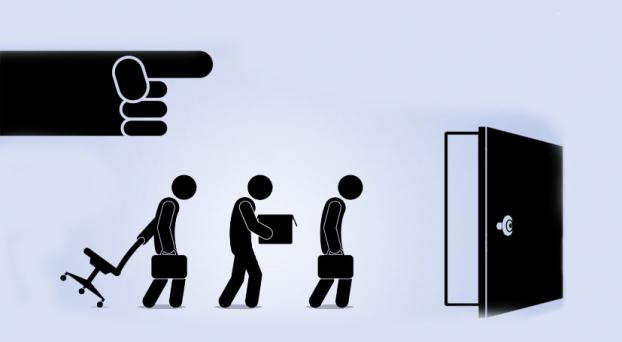Commercial Fishing
The commercial fishing reffers to the action of fishing fishes or any sea animal for commercial purpouse. It provides a large quantity of food to many countries around the earth. Large-scale commercial fishing is also known as industrial fishing. There are large and important fisheries worldwide for various species of fish, mollusks, crustaceans, and echinoderms.
The species which are the most captured are,
Tuna
|
|
Cod
|
|
Carp
|
|
Salmon
|
|
Herring
|
|
Shrimp
|
|
Krill
|
|
Lobster
|
|
Clams
|
|
Crab
|
|
Squid
|
|
Flounder
|
|
Mullet
|
|
Oyster
|
|
Scallops
|
|
Swordfish
|
|
The main fishing tecniques are,
 - Purse Seining: Purse seining is a method of fishing which is used to catch pelagic fish such as herring, mackerel, sardines and tuna. Purse seining works by drawing a vast net around a school of fish. The net is then pursed trapping the fish inside and the net can then be pulled into the vessel.
- Purse Seining: Purse seining is a method of fishing which is used to catch pelagic fish such as herring, mackerel, sardines and tuna. Purse seining works by drawing a vast net around a school of fish. The net is then pursed trapping the fish inside and the net can then be pulled into the vessel.
- Long-lining: Long-lining is a method of commercial fishing used to catch a range of species. Longline fishing is a commercial fishing technique. It uses a long line, called the main line, with baited hooks attached at intervals by means of branch lines called gangions.
- Trawling: is a method of fishing that involves pulling a fishing net through the water behind one or more boats. The net that is used for trawling is called a trawl. The boats that are used for trawling are called trawlers or draggers.





